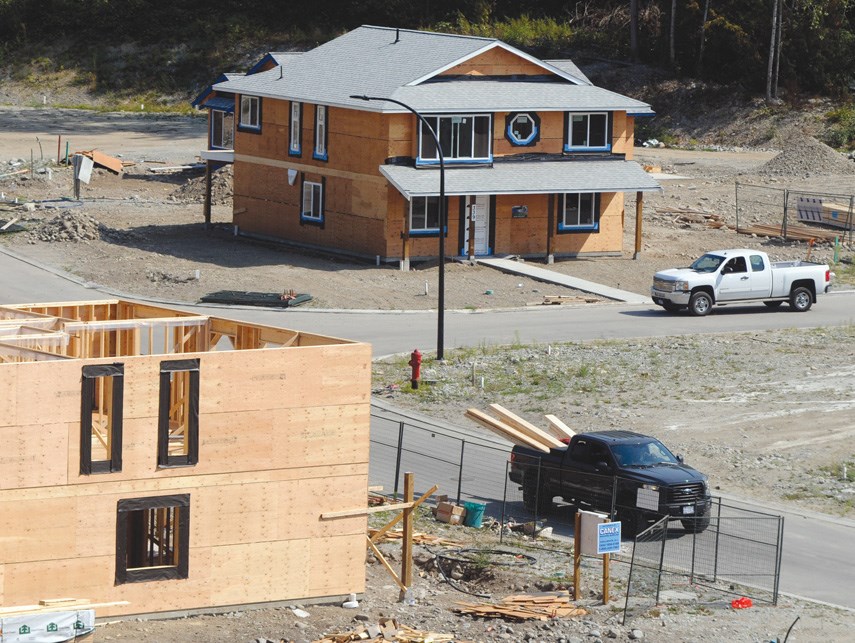The Squamish Nation has taken a step towards the creation of its own housing authority aimed at tackling the affordability crisis acutely impacting its members.
A motion to get started on the project received unanimous approval from Squamish Nation council earlier this month. Of the nation’s roughly 4,000 members, around half live off reserve lands, according to the band.
“Our hope is to bring our people home. We know our people want to come home and they want to live in our community,” said Khelsilem, Squamish Nation spokesman and elected council member. “I think for us as leadership, it’s our responsibility to make that a priority. Housing has been the No. 1 priority for our nation for decades but we need to come up with some innovative solutions for doing it and also learn from our mistakes in the past about what didn’t work.”
Those living off reserve have to contend with the same affordability crisis the rest do in the Lower Mainland, but statistics show Squamish Nation members earn less than the Canadian average, Khelsilem noted.
“We have a very low income assistance rate. Most of our people are working but they’re not working at high-paying jobs, especially in this market,” Khelsilem said. “Most of what we’re looking at is all-rental but at various income levels – rent geared to income or rent geared to social income assistance rates or those on disability – and looking at different income brackets to providing housing for the various levels that are in our community.”
Two big changes in housing policy at the federal and provincial levels should allow a housing authority to address that, Khelsilem said. Part of the federal government’s $40-billion national housing strategy announced last year included $1.04 billion to be spent on Indigenous housing by 2023. And Khelsilem had specific praise for the provincial government, which has put up $550 million for on-reserve housing.
“That’s unprecedented. No province in Canada has done that,” he said.
Exactly what kind of housing the authority would produce and where will be decided by an appointed board of directors and expert staff. Council’s role would be to allocate land and consult with members, Khelsilem said.
There is already some land set aside for future housing on Xwemelch’stn (Capilano 5) Reserve. As well, the council previously purchased land from the Crown in the Squamish Valley which is in the process of being legally converted to reserve land.
For decades, Squamish Nation members have been able to add themselves to a list to eventually receive a single-family home on reserve land. Any member over the age of 18 can be added to the list and, eventually, they will receive one of 15 new houses built each year. But due to a lack of federal funding, the program is about six years behind schedule. Members who can raise enough money to cover their own construction costs can also apply for a plot of land. The nation also has a number of social housing units in North Â鶹´«Ă˝Ół»and Squamish.



